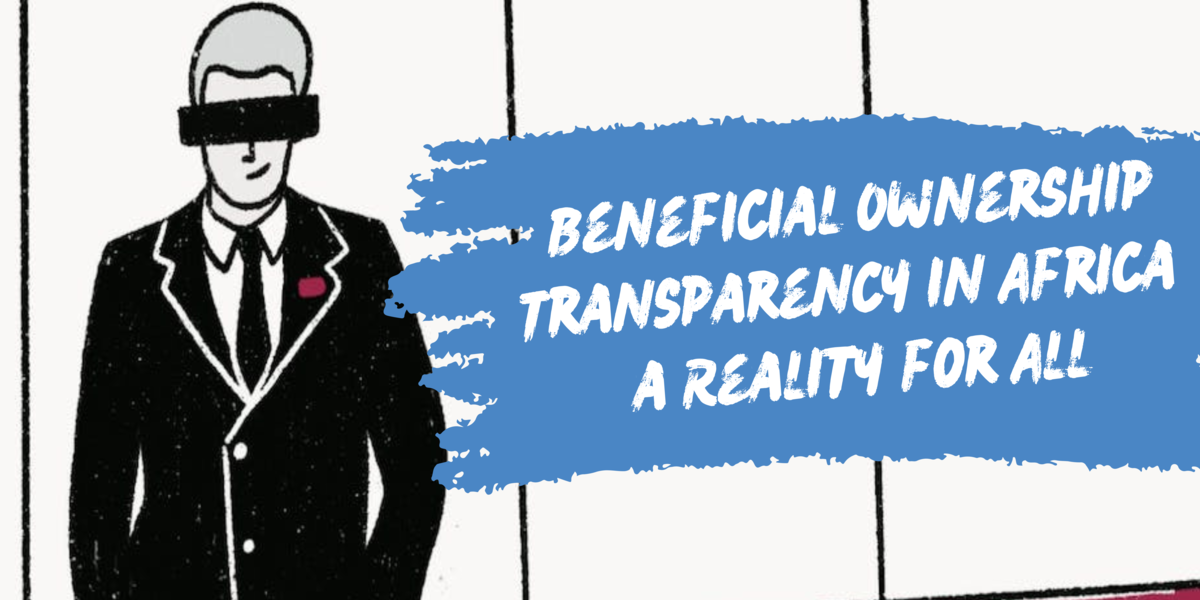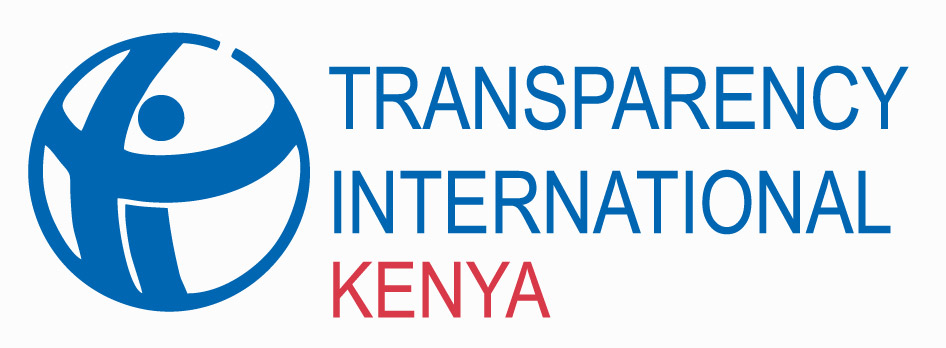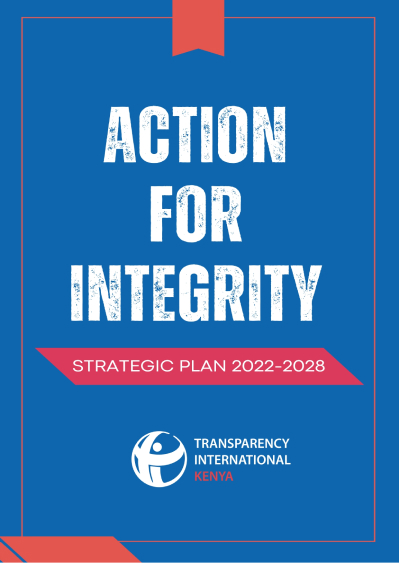
By Sheila Masinde, Maurice Nyambe and Robert Mwanyumba
Financial secrecy in Africa is an ever-present reality as jurisdictions such as Kenya and Rwanda continue to set up and operationalise on-shore financial centres. Both operations are vague and in the case of Kenya, divulging information on the operations of the Financial Centre is met with punitive sanctions[1] making its operations secretive. Secrecy however is the currency for illicit financial flows in Africa estimated to occasion losses of approximately USD 89 Billion annually[2]. It is no wonder that in 30 African countries, capital flight averaged about two-thirds of gross domestic product and vastly exceeded external debt[3]. Several leaks have demonstrated the complicity of enablers and other mechanisms in facilitating the loss of vital resources that create opportunity costs for essential services including healthcare and education further exacerbating inequality.
One of the ways in which regulation can begin to arrest the situation is through the implementation of beneficial ownership transparency (BOT) legal and policy framework. BOT is an effective tool for combatting corruption, money laundering, terrorism financing and related tax abuses. 23 out of 54 African countries currently have laws and regulations in place to identify the real people-beneficial owners behind legal vehicles[4]. In an recent event on the side-lines of the Summit for Democracy in Lusaka, Zambia, the Patents and Companies Registration Agency representative explained that Zambia has taken an approach of highlighting the benefits of BOT where multiple benefits including shedding light on anti-competition practices, enhancing tax compliance, attributing profit to specific entities and avoiding elite capture to name a few, were a net gain for all players.
Teething problems on the implementation of BOT registers are not uncommon with both practical and sectarian interests prevailing on the nature of registers. No country meets the ideal level of beneficial ownership registration for every type of legal vehicle however at core it is important to capture information on the natural person who owns and controls the entity. For instance, the European Court of Justice recently ruled against publicly available BO registers on account of data privacy concerns whereas the US is still grappling with how to implement the BOT provisions within the Corporate Transparency Act. In Ghana, the threshold for disclosure has been customised to suit different actors oscillating between 5% and 20%[5], while in Kenya only companies that win public tenders have their Beneficial Ownership data publicly available[6]. These contextual realities are common place in establishing a registry in various jurisdictions pushing for innovation and adaptation.
It is important to note that, Beneficial ownership transparency is not a new concept on the African continent. In 2015 when the High-Level Panel on Illicit Financial Flows, led by H.E. Thabo Mbeki came out with their final report that defined IFFs in Africa and ventured an estimate of the quantities of IFFs; it ambitiously proposed as a counter measure for IFFs to identify those that own and control companies including trusts and foundations. The recommendation holds true now as much as it did then, with countries on the continent making advancements to establish BOT registers. Crucial to advancements is the concerted effort of players including government agencies, private sector, civil society and citizens as the principal beneficiaries of Beneficial Ownership registers. By identifying natural persons behind ownership and control of legal vehicles, it is possible to stave off corrupt individuals accessing public contracts, clean and open up public contracting processes thereby enhancing domestic resource mobilisation efforts to enhance the delivery of public goods and services.
[1] Section 17 (1), Nairobi International Financial Centre Act, 2017
[2] Africa could gain $89 billion annually by curbing illicit financial flows, UN says | UNCTAD
[3] Rachel Etter-Phoya et al, Beneficial Ownership Transparency in Africa; The State of Play in 2020, Tax Justice Network and Tax Justice Network-Africa, 2020
[4] Rachel-Etter-Phoya et al, Beneficial Ownership Transparency in Africa in 2022, Tax Justice Network and Tax Justice Network Africa, 2023
[5] https://eiti.org/blog-post/turning-public-eye-company-ownership-ghana
[6] https://bowmanslaw.com/insights/infrastructure/kenya-beneficial-ownership-disclosure-requirements-expanded-and-extended-to-public-procurements-and-ppps/#:~:text=For%20companies%20that%20win%20or,in%20relation%20to%20contract%20awards.

